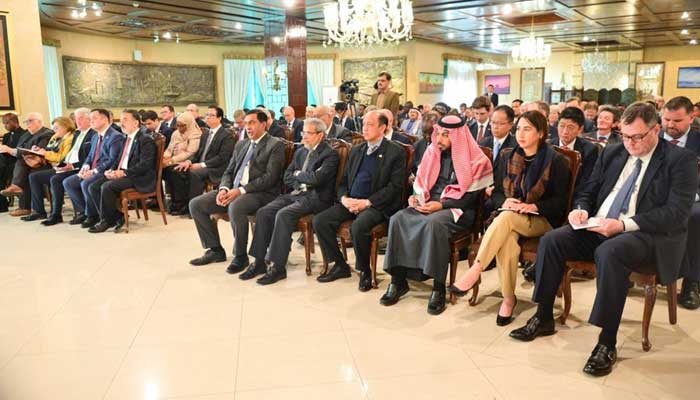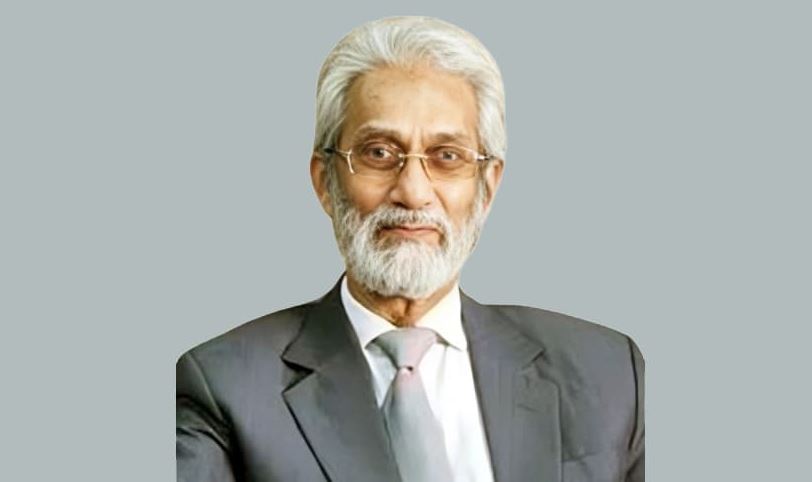
Online Desk: Rejecting the Pakistan Tehreek-e-Insaf’s (PTI) allegations of “straight firing” at civilians during its “do-or-die” protest in Islamabad, Foreign Minister Ishaq Dar has clarified that the law enforcement agencies (LEAs) were not provided with live ammunition, but water cannon, tear gas and batons.”Police and Rangers were deployed in the first two tiers, with the army as the third line of defence to protect the Diplomatic Enclave, Parliament House and other important buildings,” he said while briefing members of the diplomatic corps on the recent situation after the PTI protest.
The former ruling party’s much-hyped protest in Islamabad, aimed at securing PTI founder Imran Khan’s release who has been behind bars for more than a year, culminated in PTI’s hasty retreat after the government’s midnight crackdown on the protesters.
The Imran Khan-founded party has since claimed that at least 12 of its workers were killed and 1,000 were arrested. However, the government has categorically denied using live ammunition against the protesters and said that four law enforcers including three Rangers personnel and policeman were martyred during the protest.
Briefing the foreign diplomats, Dar — who is also the deputy prime minister — said that the government had enacted a new law “Peaceful Assembly and Public Order Act, 2024” that barred the protest demonstrations in the Red Zone and required permission from a magistrate for any public gatherings.
why the government resorted to certain actions against the protestors, he said the Islamabad High Court (IHC) had barred the PTI from holding any protest gathering in the Red Zone area of the federal capital.
In pursuance of the court ruling, the government had tasked Interior Minister Mohsin Naqvi to engage with the party but to no avail.
He said the federal government always prioritised the Red Zone’s security which housed Parliament House, the Supreme Court of Pakistan, federal institutions and the diplomatic corps.
Dar informed the diplomats that PTI had chosen to hold a protest on November 24, which coincided with the planned visit of the Belarusian president.
He added that this was consistent with the party’s past “malafide practice” of scheduling protests on significant dates, such as the SCO summit earlier this year and in 2014, when their protest led to the postponement of the Chinese president’s visit.






